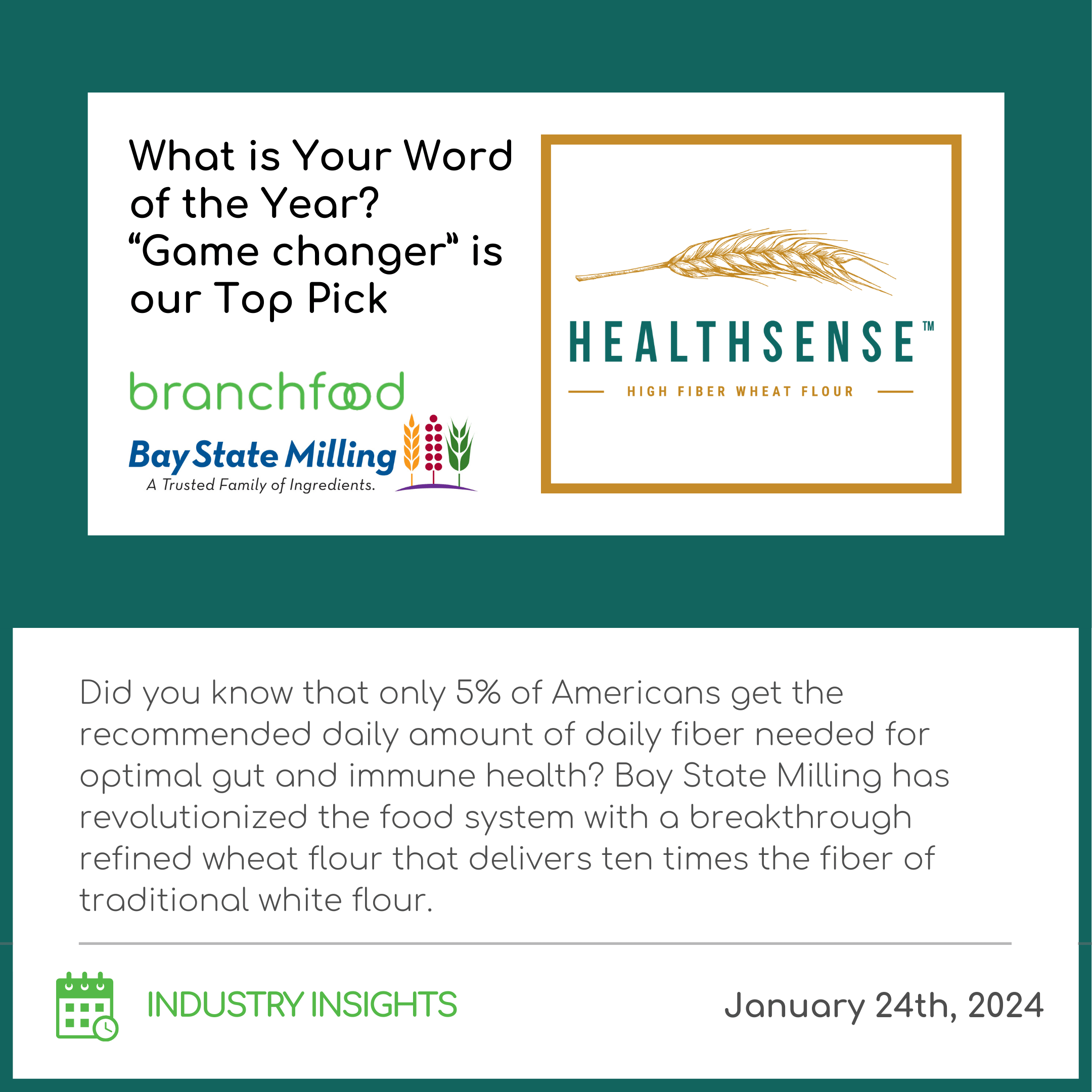Do you feel there is a disconnect between food techs and investors? If so, how can this be overcome?
The global food industry is complex. There are aspects of it that are outdated and others that are incredibly efficient. Some processes make sense, while others are ripe for disruption. The whole system is intricately connected to ensure that food grown around the world makes it to consumers, who in many cases, live thousands of miles away from where that food was harvested or produced. Changing any one part of a $10 trillion industry built to serve the 8.1 billion people living on our planet today takes more than an idea and a minimum viable product. This complexity, scale, lack of certainty, special interests, and the pressure of time have resulted in a more complex path to success than the traditional venture capital investment community is used to, or comfortable with. We’ve found that developing a strong conviction in making an investment in foodtech requires as much knowledge of industry trends, technical advancements, and consumer psychology, as it does confidence in the capabilities of the founding team. Successful companies don’t just happen, they are built, and we’ve found that to ensure meaningful progress on the path to success for entrepreneurs and investors alike, both must be laser-focused on developing a strong value proposition, maintaining consistent communication, and being forthcoming with expectations.
From your perspective, what is the most commercially viable go-to-market strategy for cultivated meat and seafood products?
Longstanding behavioral science shows that people are skeptical and even fearful, of new foods. Approaching the introduction of cultivated meat to the masses will take a multi-pronged strategy to ensure all stakeholders in the food supply chain are on board. From leveraging science and technology to ensure taste, texture, and mouthfeel are at parity with consumer expectations, to commuting the benefits of this method of protein production, and working with skilled marketers to address any consumer concerns will all be necessary.
A phased approach targeting high-end restaurants and specialty food markets initially can create a premium brand image and generate buzz. As production scales and costs decrease, brands might expand into retail and broader food service channels and partner with established food brands. The more companies that achieve market penetration, the greater the groundswell effect will be for the entire industry. At the end of the day, people need to just try it! Finding ways consumers can try it, even for free, will be critical to overcoming the barrier of purchasing for fear they won’t like it and their money will be wasted.



















































